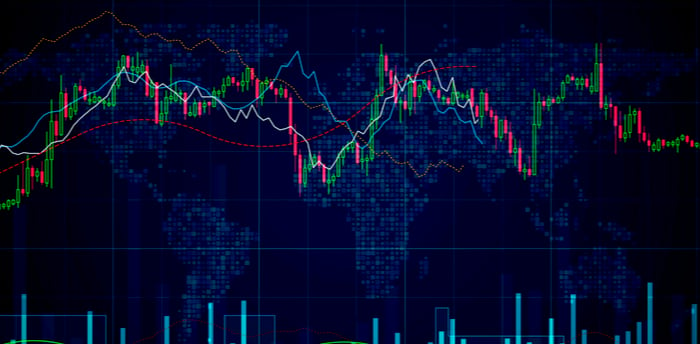Understanding How the Stock Market Works
Ever wondered about the true functionality of the stock market and it's role in our society?
Rehaan Mundy
5/23/20243 min read


The stock market can seem complex and intimidating at first, but it plays a vital role in the economy and offers numerous opportunities for investors. In this post, we'll break down the basics of how the stock market works to give you a solid foundation.
What is the stock market?
The stock market is a platform where shares of publicly traded companies are bought and sold. It consists of exchanges like the New York Stock Exchange (NYSE) and the Nasdaq, where investors can trade stocks.
Key Concepts
Stocks: When you buy a stock, you're purchasing a small piece of ownership in a company. These shares can increase or decrease in value based on the company's performance and other market factors.
Exchanges: These are marketplaces where stocks are traded. The NYSE and Nasdaq are two of the largest exchanges in the world.
Indices: An index is a statistical measure of the performance of a group of stocks. Examples include the S&P 500 and the Dow Jones Industrial Average, which track the performance of large U.S. companies.
How the stock market actually functions
Buying and Selling Stocks
Investors can buy and sell stocks through brokers, who act as intermediaries between buyers and sellers. Today, many people use online brokerage accounts to trade stocks.
Price Determination
The price of a stock is determined by supply and demand. If more people want to buy a stock (demand) than sell it (supply), the price goes up. Conversely, if more people want to sell a stock than buy it, the price goes down.
Market Orders vs. Limit Orders
Market Order: An order to buy or sell a stock immediately at the current market price.
Limit Order: An order to buy or sell a stock at a specific price or better.
Why Do Stock Prices Change?
Several factors influence stock prices, including:
Company Performance: Strong earnings reports, new product launches, or positive news can drive stock prices up.
Economic Indicators: Interest rates, inflation, and economic growth data can impact investor sentiment and stock prices.
Market Sentiment: Investor perceptions and emotions can drive market trends. News, rumors, and events can cause significant price fluctuations.
Global Events: Political instability, natural disasters, and global trade issues can affect stock prices.
The Role of Investors
Investors play a crucial role in the stock market by providing capital to companies. There are different types of investors, including:
Retail Investors: Individual investors who buy and sell stocks for personal accounts.
Institutional Investors: Organizations like pension funds, mutual funds, and hedge funds that invest large sums of money in the stock market.
Risks and Rewards
Investing in the stock market comes with both risks and rewards.
Rewards
Capital Gains: When the value of a stock increases and you sell it for a higher price than you paid, you earn a capital gain.
Dividends: Some companies pay dividends, which are portions of their profits distributed to shareholders.
Risks
Market Risk: The possibility of losing money due to overall market declines.
Company Risk: The risk that a specific company may perform poorly or go bankrupt.
Liquidity Risk: The risk of not being able to buy or sell stocks quickly without affecting their price.
Getting Started
If you're interested in investing in the stock market, here are a few steps to get started:
Educate Yourself: Learn the basics of investing, financial markets, and stock analysis.
Open a Brokerage Account: Choose a reputable brokerage and open an account.
Start Small: Begin with a small investment and gradually increase your exposure as you gain experience.
Diversify: Spread your investments across different stocks and sectors to reduce risk.
Stay Informed: Keep up with market news, economic indicators, and company performance.
Conclusion
The stock market is a dynamic and essential component of the global economy. By understanding its basic principles, you can make informed decisions and potentially benefit from investing in stocks. Remember to do your research, understand the risks, and invest wisely. Happy investing!
Updates
Stay informed with live economics and finance news updates.
Me
Blogs
rehaansmundy@gmail.com
(408)-242-2203
© 2024. All rights reserved.
